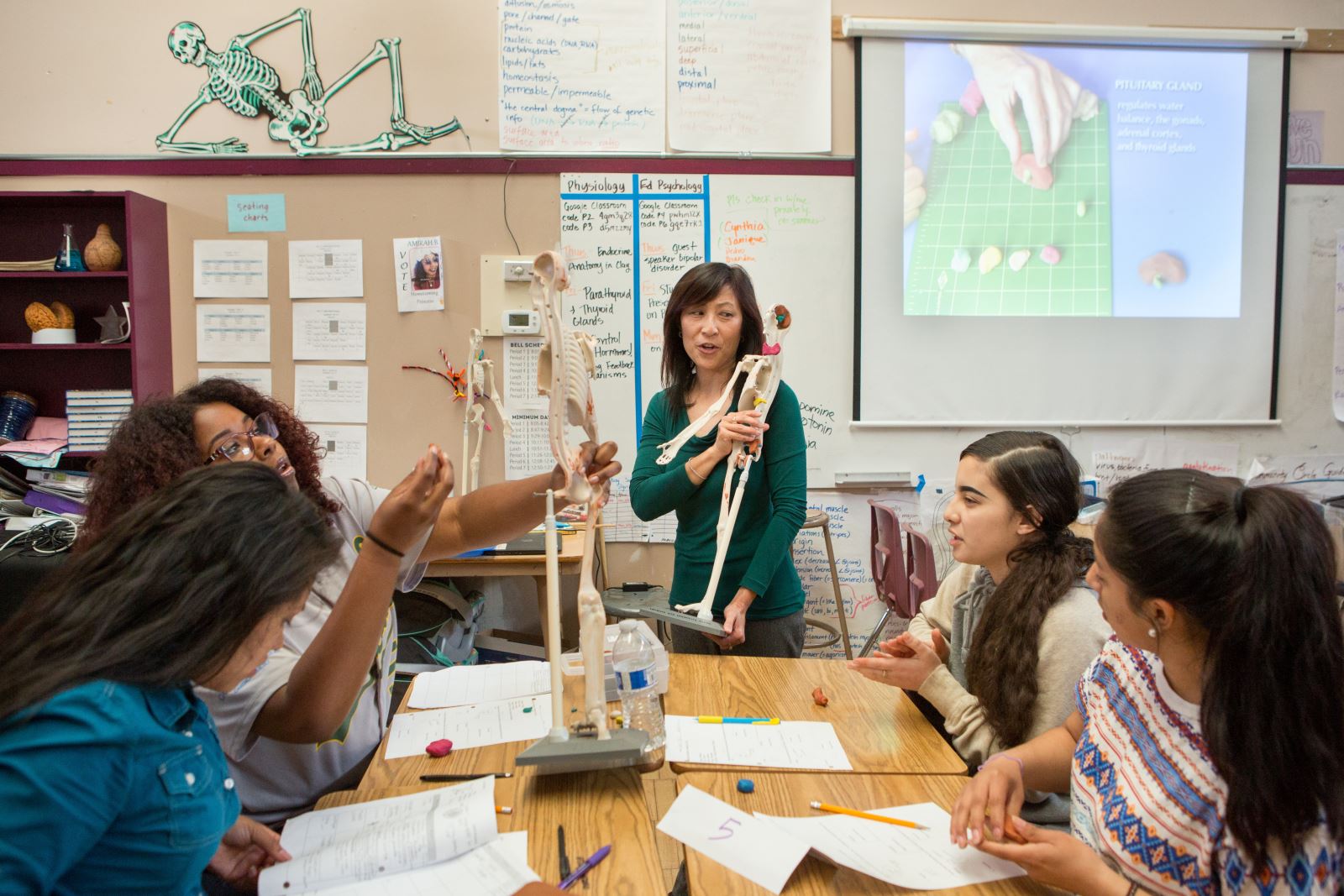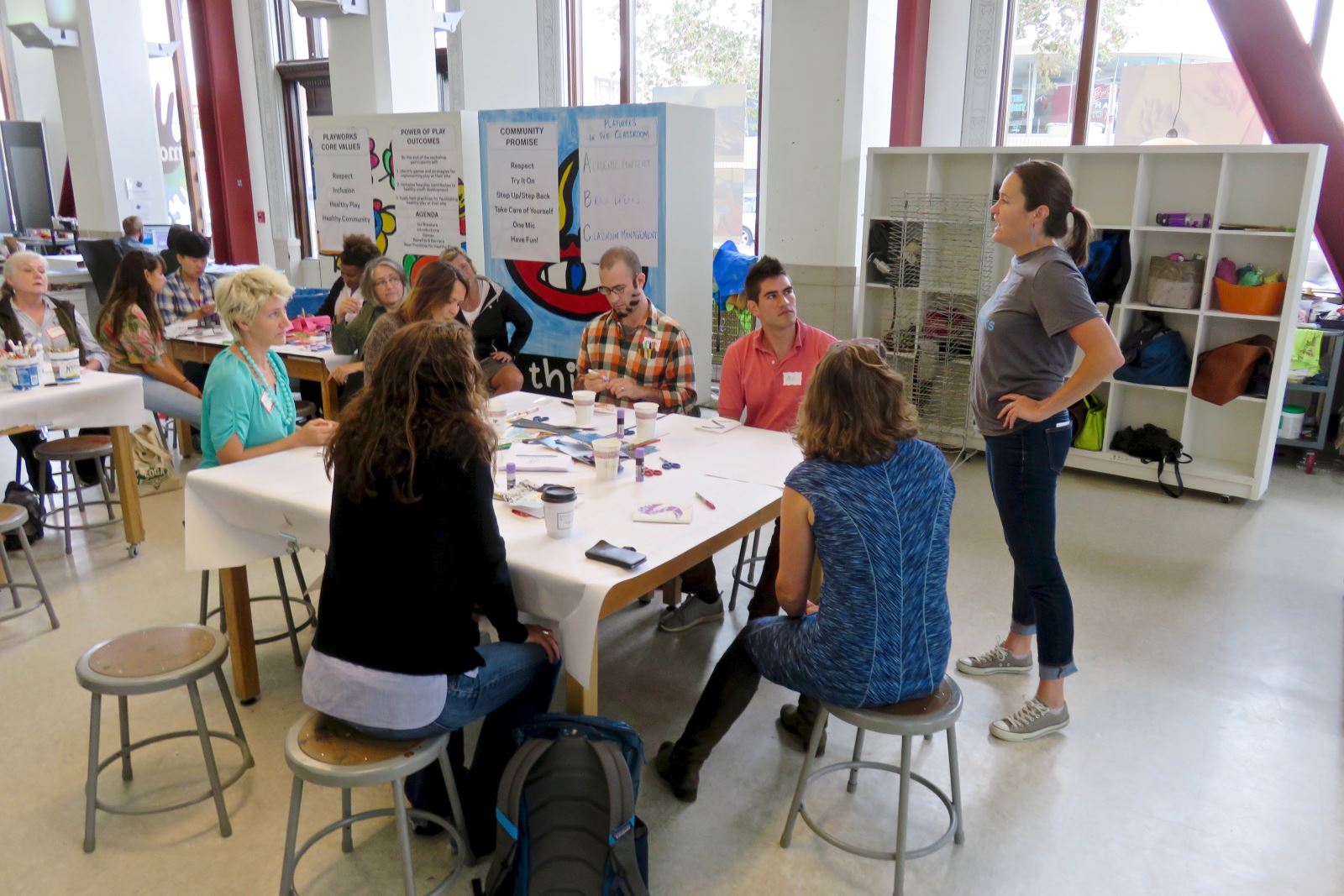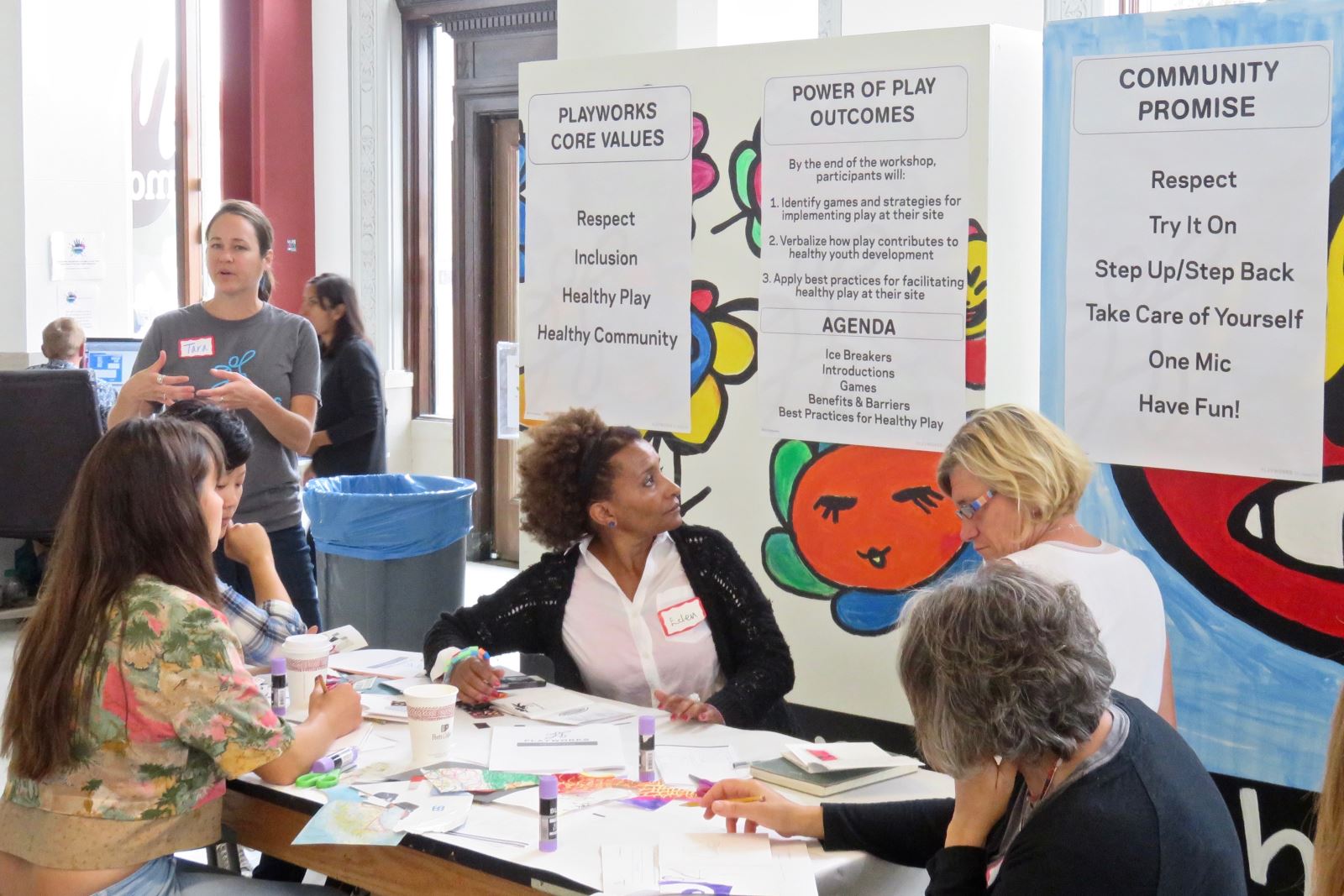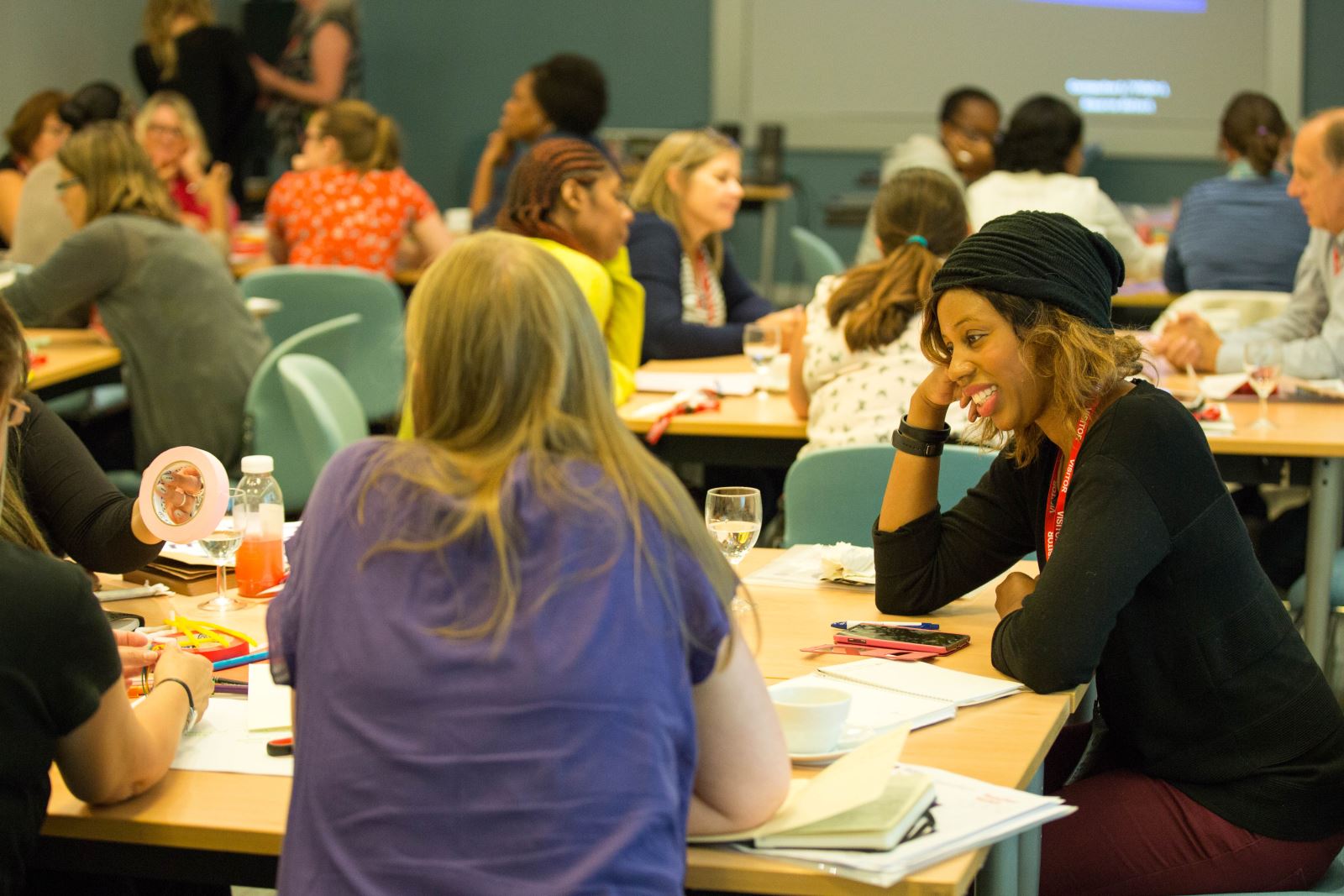By: Inas Essa
Our mindsets can shape our lives, either positively or negatively. It is not always about how big the problem or how complicated the situation is; many times, it depends on our understanding and the way we respond is what determines the outcomes. Simply put, it depends on our mindset.
According to the American psychologist Carol Dweck, the idea of mindset is related to our understanding of where ability comes from and whether it is static or can be developed. This idea has a significant role in all aspects of our lives, starting from our daily decisions related to simple matters, to the multi-faceted educational process.
To learn and thrive, considering challenges as opportunities versus staying stuck with limitations developed in the mind, that is what differentiates someone who holds a growth or fixed mindset.

A Fixed vs Growth Mindset
In psychology, a fixed mindset individual is someone who holds the belief that success and failure are based on innate ability that is static and unchangeable. They believe that they have a certain number of talents and their goal is to always look smart. As such, they emphasize performance goals—looking smart and proving their own ability—and they are more inclined to stereotyping.
On the other hand, a person with a growth mindset holds a belief that success is based on learning, persistence, and hard work, and that intellect, personality, and ability are things that can be grown or developed over time through effort and persistence. Studies show that people with growth mindsets demonstrate stronger learning goals, more positive beliefs about effort, and are engaged in more effort-based strategies, such as working harder and spending more time on a task and succeeding at it. Such person sets learning as a goal and focuses on the meaning behind what they have to learn, and work on becoming smart by improving their abilities. This enables them to be more resilient in the face of difficulties.
With a fixed mindset, there are feelings of powerlessness and learned helplessness. This can lead to the development of a self-defeating identity with negative self-talk like “I can’t do this” or “I’m not clever enough”. On the other hand, a growth mindset amongst students is likely to encourage them to develop feelings of empowerment and allow them to see how they might act to positively influence their community and their own learning. Moreover, they become more motivated to learn and exert effort, which allows them to outperform those with a fixed mindset and demonstrate more effort in studying because they believe that their intellectual abilities could always be further developed through effort and hard work.
These differences between the two mindsets impact the understanding of success and failure dramatically. Fixed mindset people dread failure, feeling that it reflects badly upon themselves as individuals, while growth mindset people embrace failure as an opportunity to learn and improve their abilities.

Developing a growth mindset and eliminating the fixed one have significant implications in education for both teachers and students. Besides their role in teaching the curriculum, teachers can help students develop a growth mindset, which would help them with their study and further decisions related to work and even their personal lives.
This could be achieved by sending the right feedback. It should focus on the work and process students are engaged in, to encourage and help them develop a growth mindset. This means not directing the praise to their personalities and how clever they are as this may encourage them to develop a fixed mindset, which can limit their learning potential.
Is Developing a Growth Mindset Helpful for Teachers?
Teachers’ mindset manifests itself in their behaviors in the classroom, including their instructional approaches, sense of self-efficacy, and how they view initial performance over time. Since teachers’ and students’ beliefs are linked together, developing a growth mindset in teachers is essential for students to adopt such a way of thinking and learning. Growth mindset teachers encourage students to try harder because they believe they could do better. Teachers can also shape students’ views of their own abilities and motivate them toward achievement.

As developing a growth mindset for educators is not of small importance, here are 5 practices that would help in developing this mindset and achieve better results:
- Never stop learning
To be open to new ideas, eager to implement new methods, and on the hunt for new challenges that would help you grow is essential to the learning process. As you encourage your students to push their limits, just do the same for yourself.
“Everyone is born with an intense drive to learn; infants stretch their skills daily. Not just ordinary skills, but the most difficult tasks of a lifetime, like learning to walk and talk; they never decide it is too hard or not worth the effort. Babies do not worry about making mistakes or humiliating themselves; they walk, they fall, they get up,” says American psychologist Carol Dweck.
- Ask questions
As implementing inquiry-based learning is helpful for students to pose problems questions or scenarios and encouraging them to explore topics through deep questioning, it is important to apply this to your own work or life and approach problems and ideas through an inquiry lens.

- Be flexible
Great things can be achieved when we stretch boundaries and include other perspectives. To keep growing as a teacher, you should be willing to adapt your practice to the needs and best interests of the students and find a way to include the input and contributions of your colleagues.
- Listen
You can be ready to absorb new ideas just by authentically listening without interjecting or considering a response. This would allow you to build a community of colleagues who feel heard and understood. Just keep in mind that the more we listen and collaborate, the more we grow together.
- Reflect
To continue to grow and improve, you should consistently take time to evaluate your work and analyze how you are doing. Although sometimes self-reflection is hard to prioritize with many tasks in the schedule, building reflection activities would help you maintain a consistent and meaningful routine. The most important thing is not whether the new idea is a success or a failure, the focus should be on what you learned from the process.

References
edutopia.org/
resilienteducator.com
frontiersin.org
Developing A Growth Mindset
Growth Mindset vs. Fixed Mindset